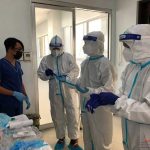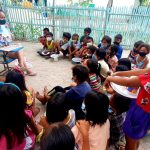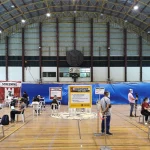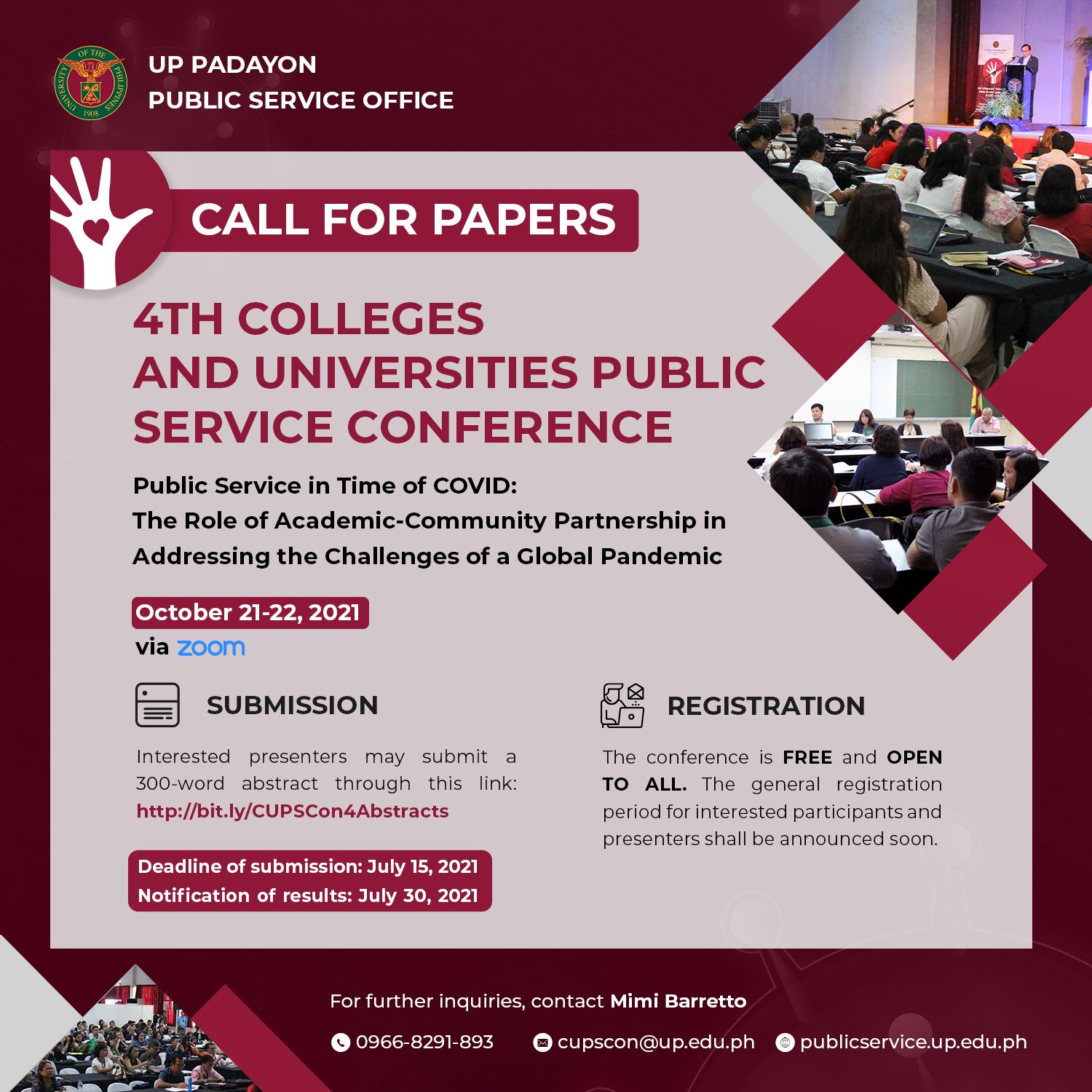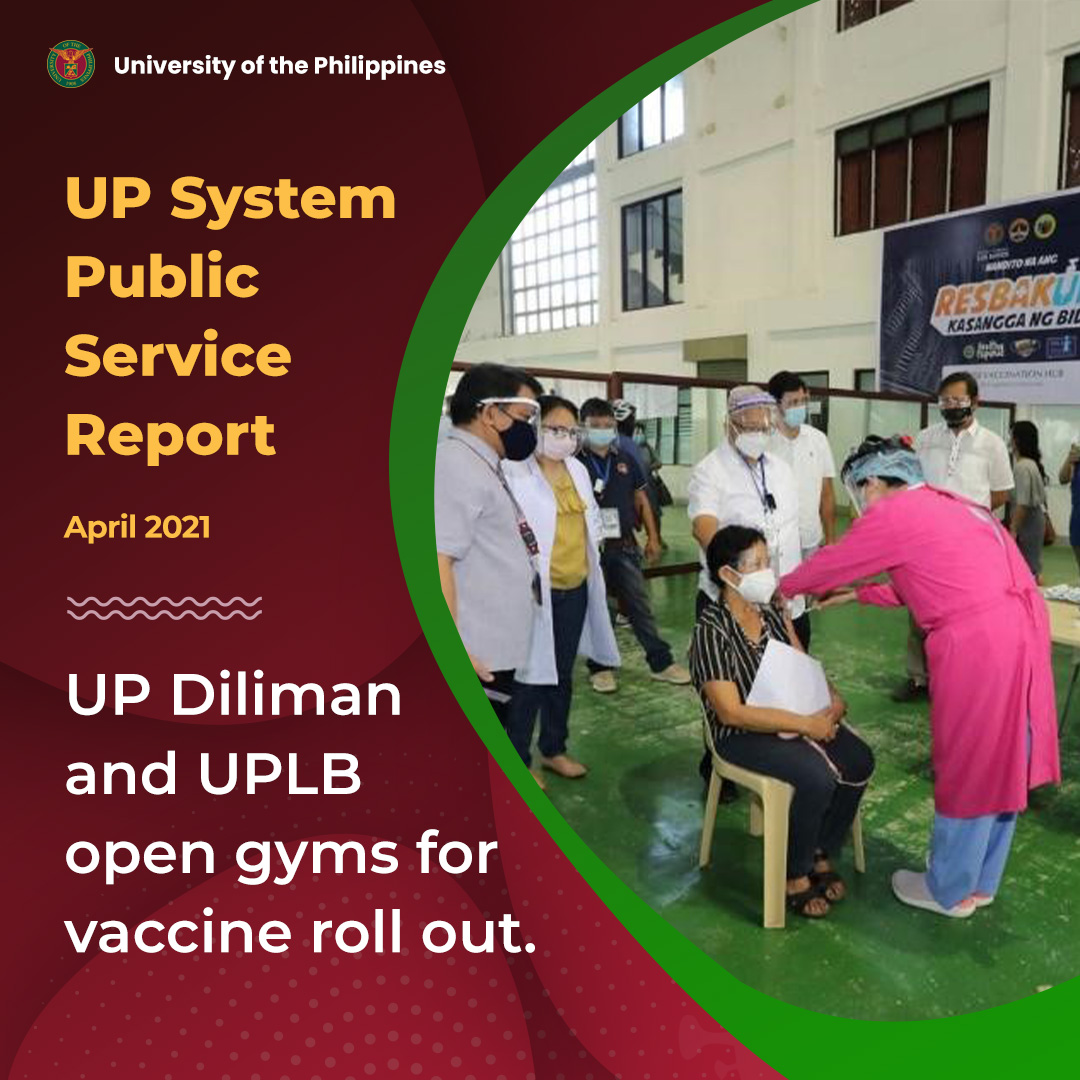Six medical technologists and the chief of hospital of the Angel Salazar Memorial General Hospital (ASMGH) in San Jose, Antique recently completed a training on molecular techniques for coronavirus disease 2019 (COVID-19) testing at the Philippine Genome Center (PGC) Visayas in the Regional Research Center of the University of the Philippines Visayas (UPV) in Miag-ao, Iloilo.
This was the first hands-on training under the UP TRAINS 2 Program held at the newly inaugurated PGC Visayas Laboratories.

